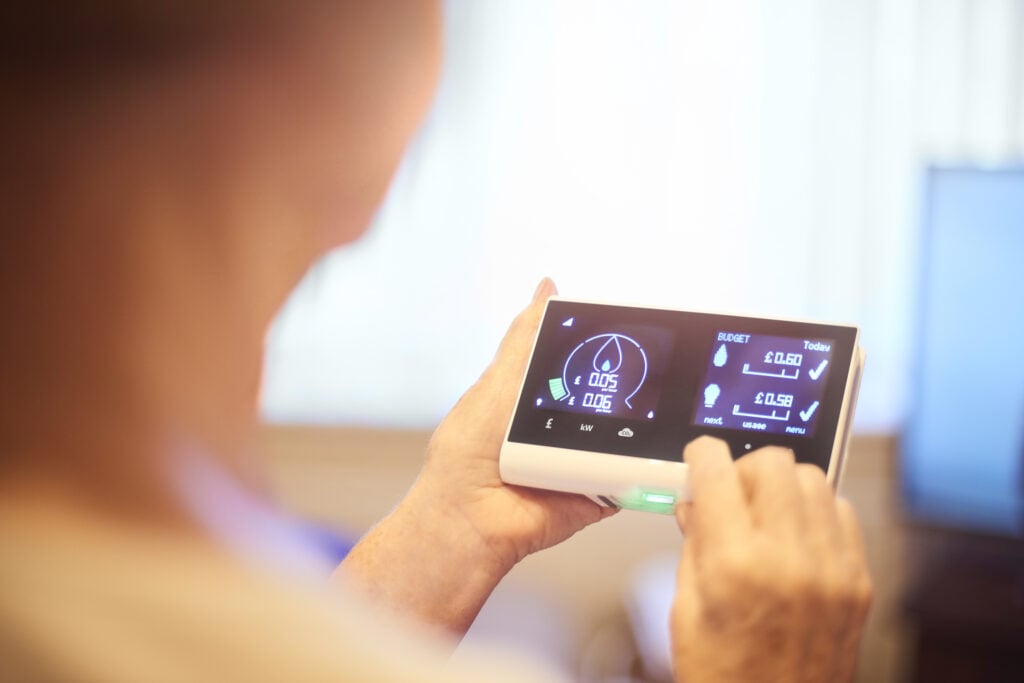The cost of energy supplier collapses over the last year has added £34.36 to domestic electricity bills for 2022-23, according to Cornwall Insight.
In 2021, 27 suppliers collapsed (as well as Bulb going into special administration) as they were caught between surging wholesale power prices and the price cap. These suppliers’ customers were appointed to other companies through the Supplier of Last Resort (SoLR) mechanism.
When this happens, suppliers are able to recover the cost of the process through Distribution Use of System (DUoS) charges, which are applied to electricity bills.
Given how many suppliers went through the SoLR mechanism last year, this component of electricity bills has increased by an average of 33.9% for 2022-23. In some regions this is even higher, with London and Southern England seeing a hike of over 40%.
Although the SoLR process safeguards people’s energy supplies, “it has come with significant costs” said Laura Woolsey, senior analyst at Cornwall Insight.
“If we are to protect both consumers and companies in the energy market, we need to see more than short-term fixes, we need long-term reform. This includes seriously considering the future of the Default Tariff Cap, which is currently working as a barrier to the success of smaller energy firms and not safeguarding the cost of energy bills. Ultimately if more suppliers fail, consumers will be the ones left with the bill.”
Normally, distribution networks must provide 15 months warning ahead of increasing DUoS charges, but given the exceptional events of 2021, the sheer volume of supplier collapses and the accumulated cost associated, Ofgem has granted special provision for them to update their charges with just two months’ notice.
The research builds on Cornwall Insight’s forecast that bills will increase by c.£30 per annum for summer 2022 and winter 2022-23 due to the cost of the collapse of former suppliers. This forecast – which was released in December – suggested that the cost of the SoLR process could reach £2.4 billion, which would equate to an increase of £90 per household, assuming 27 million customers can cover the sum.
Last year saw Zog Energy, Orbit Energy, Entice Energy, Social Energy Supply, Neon Reef, Omni Energy, MA Energy, Zebra Power, Ampoweruk, CNG Energy (electricity and gas), Bluegreen Energy Services, Goto Energy, Pure Planet, Colorado Energy, Daligas, ENSTROGA, Igloo Energy, Symbio Energy, Hub Energy, Green Network Energy, Simplicity Energy, Avro Energy, Green Supplier, Utility Point, People’s Energy, PfP Energy, MoneyPlus Energy and Hub Energy all exit the market and their customers processed through the SoLR mechanism.
Ofgem has increased the price cap by 54%, with bills set to jump to £1,971 a year when it comes into effect in April in response to the energy crisis. This cost increase is predominantly due to high wholesale prices, although minor increases in elements like DUoS charges are contributing.






